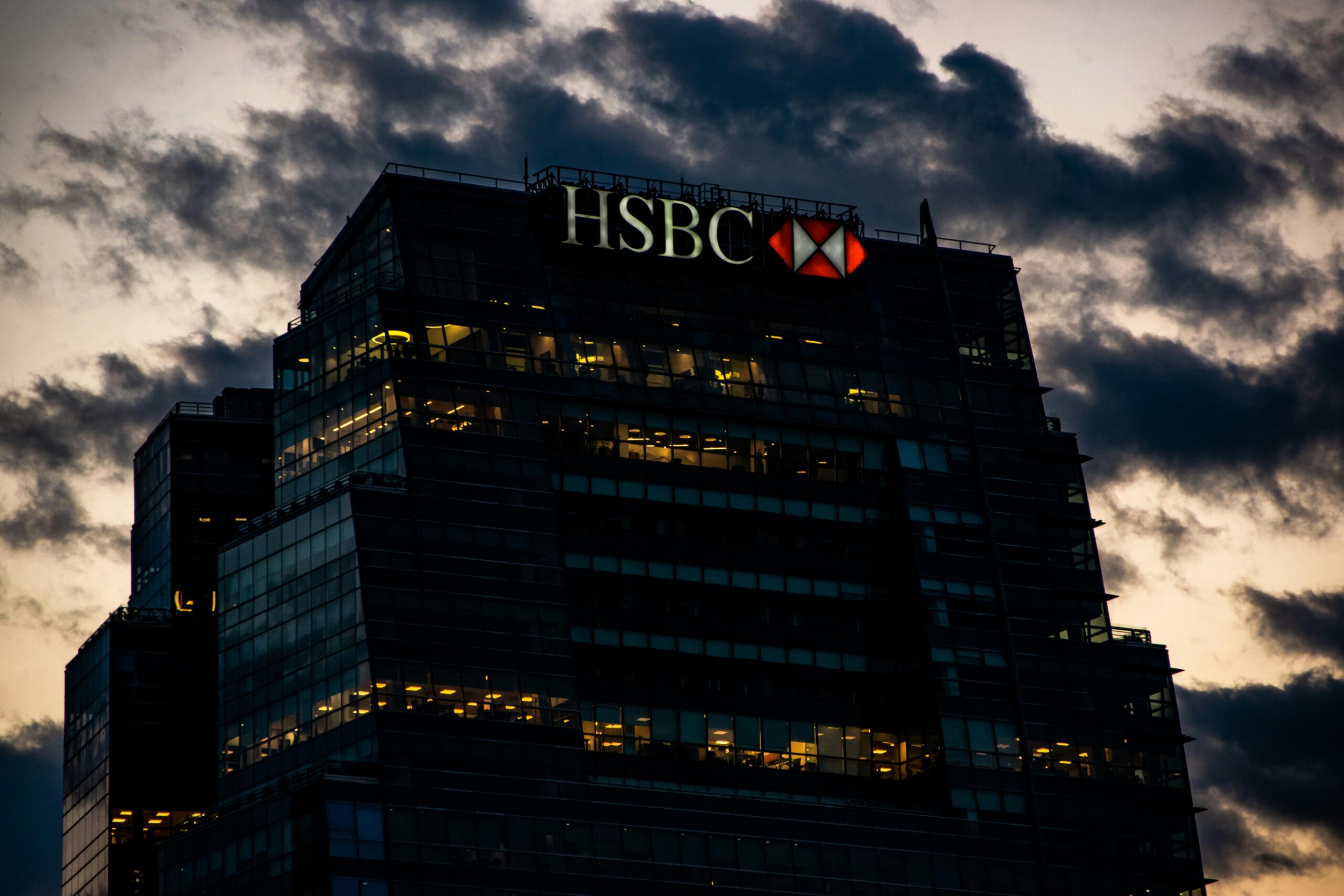
Shares of Hang Seng Bank listed in Hong Kong surged by 25.88% on Thursday following the announcement of a privatization bid by its majority parent company, HSBC, Europe’s largest lender. The offer values Hang Seng Bank at more than 290 billion Hong Kong dollars (over $37 billion).
Terms of the Takeover Proposal
HSBC, which already owns approximately 63% of Hang Seng Bank, has formally asked the bank’s board to put forward a privatization proposal to shareholders via a scheme of arrangement. Under the terms of the proposal, shares in Hang Seng Bank would be canceled in exchange for HK$155 apiece, a price that represents a premium of roughly 33% above Hang Seng’s average share price over the preceding 30 days (HK$116.5). The deal value for the minority stake being acquired is pegged at HK$106 billion.
HSBC Group Chief Executive Georges Elhedery stated, “Our offer is an exciting opportunity to grow both Hang Seng and HSBC. We will preserve Hang Seng’s brand, heritage and customer proposition while investing to unlock new strengths in products, services and technology.” He added that the deal underscores HSBC’s confidence in Hong Kong’s role as a leading global financial center and as a “super-connector” between international markets and mainland China. The offer allows for adjustments based on any dividends declared after the announcement date, excluding Hang Seng’s third interim dividend for 2025.
Strategic Rationale and Financial Pressures
In its filing statement, HSBC confirmed that one of its strategic priorities is to expand in Hong Kong, and it believes it is “best positioned” to do so by strengthening the presence of both HSBC Asia Pacific and Hang Seng Bank. Despite the positive news for Hang Seng shareholders, HSBC’s own shares reacted negatively, falling 5.52% in Hong Kong and declining more than 5% in London trading.
The move comes at a time when Hang Seng Bank has been grappling with an uptick in bad loans tied to its heavy concentration in the embattled Hong Kong and mainland China real estate sectors. In the bank’s 2025 first-half results, non-performing loans were reported to have reached 6.69% of total loans and advances to customers, up from 6.12% at the end of 2024 and 5.32% in mid-2024. Michael Makdad, a senior analyst at Morningstar, commented that “Parent-subsidiary double listings are inherently problematic in terms of governance and in this sense it’s a positive and long-overdue move.”
What The Author Thinks
HSBC’s decisive move to fully privatize Hang Seng Bank is a clear attempt to perform a governance cleanup and gain tighter control over its regional exposure to the volatile mainland China property market. By offering a 33% premium, HSBC is paying a premium to eliminate the complications of a “double listing” structure and consolidate a struggling asset with rising non-performing loans, suggesting the bank’s primary motivation is streamlining decision-making and better managing risk capital rather than simply capturing growth. This consolidation demonstrates a pragmatic corporate strategy to fully internalize the risk and operational inefficiencies before the situation deteriorates further.
Featured image credit: Franco Monsalvo via Pexels
For more stories like it, click the +Follow button at the top of this page to follow us.
